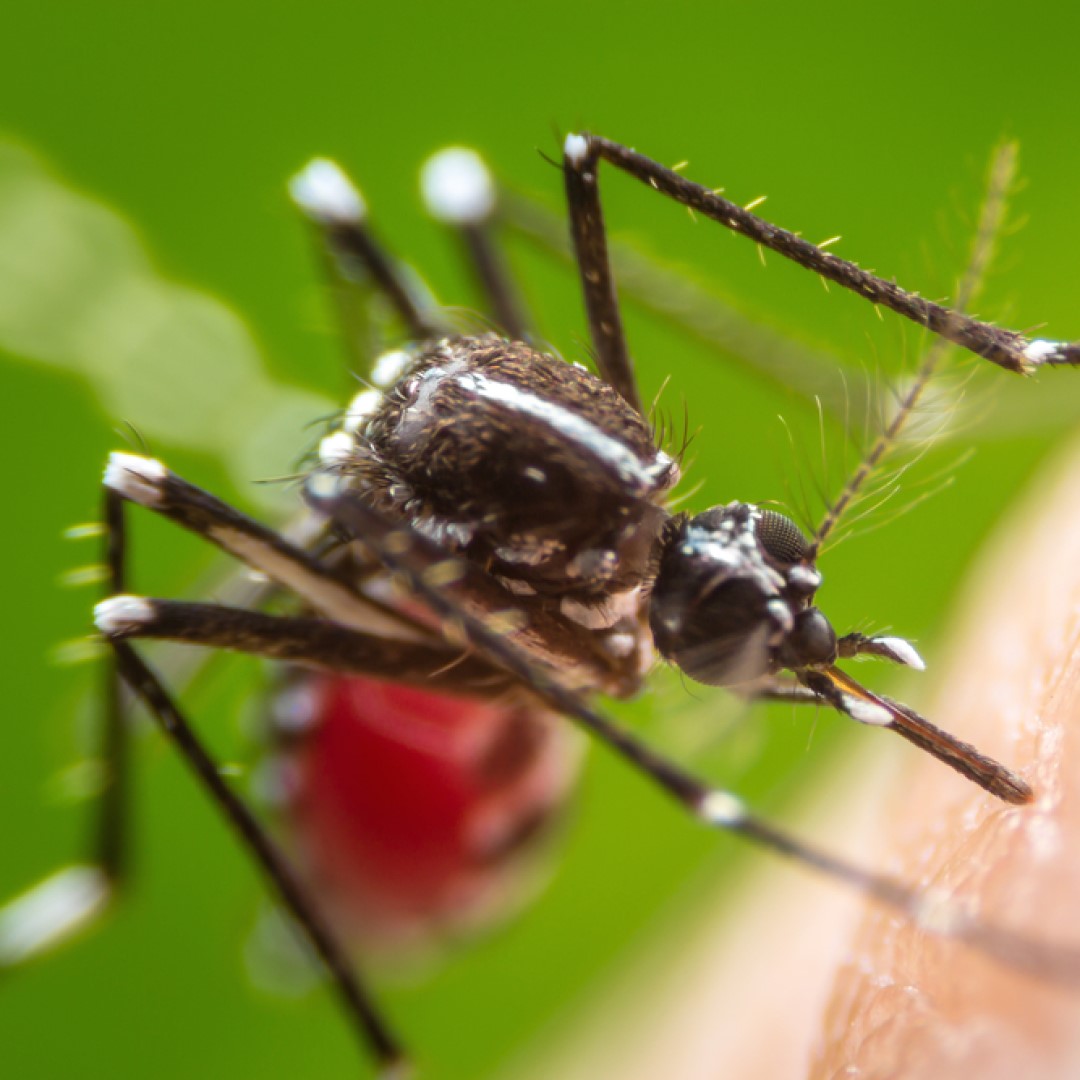
UK Reports First detection of West Nile virus in mosquitoes
On May 21, 2025, A research programme by the UK Health Security Agency (UKHSA) and the Animal and Plant Health Agency (APHA) announced they have identified fragments of West Nile Virus (WNV) genetic material in mosquitoes collected in Britain for the first time.
West Nile Virus is a vector borne disease belonging to the Flaviviridae family, which also includes the viruses that cause dengue and yellow fever. It is usually found in birds, and typically circulates through bird-biting mosquitoes. In rare cases mosquitoes can transmit the virus to humans or horses.
The fragments were detected through the Vector-Borne RADAR (Real-time Arbovirus Detection And Response) programme by APHA, using polymerase chain reaction (PCR) testing, in 2 samples of Aedes vexans mosquitoes collected by UKHSA from wetlands on the River Idle near Gamston (Retford), Nottinghamshire, during July 2023. The mosquitoes were pooled into groups of 10 for testing, and fragments of West Nile Virus genetic material were identified in 2 of the pools. The other 198 were negative. This is the first evidence of West Nile Virus detected in a mosquito in the UK. A further 198 pools from the same site tested negative for the virus.
West Nile virus (WNV) is endemic in various regions across the globe, including Europe, Africa, the Middle East, West and Central Asia, and North America, as well as South America, USA and Australia. The geographic range of West Nile Virus has expanded in recent years to more northerly and western regions of mainland Europe.
The UKHSA has assessed the risk to the general public as very low, but is issuing advice to healthcare professionals so that patients with encephalitis of unknown cause can be tested as a precaution through UKHSA’s Rare and Imported Pathogens Laboratory.
There have been no cases of locally acquired West Nile Virus detected in humans or horses in the UK to date, although 7 travel-associated cases have occurred since 2000. Based on available surveillance, there is no evidence to suggest ongoing circulation of the virus in birds or mosquitos in the UK.
Disease surveillance and control activities are being enhanced in light of the findings. Currently, the main risk of West Nile Virus for UK residents continues to be travel to endemic areas overseas.
Tags:
Source: UK Health Security Agency
Credit:
